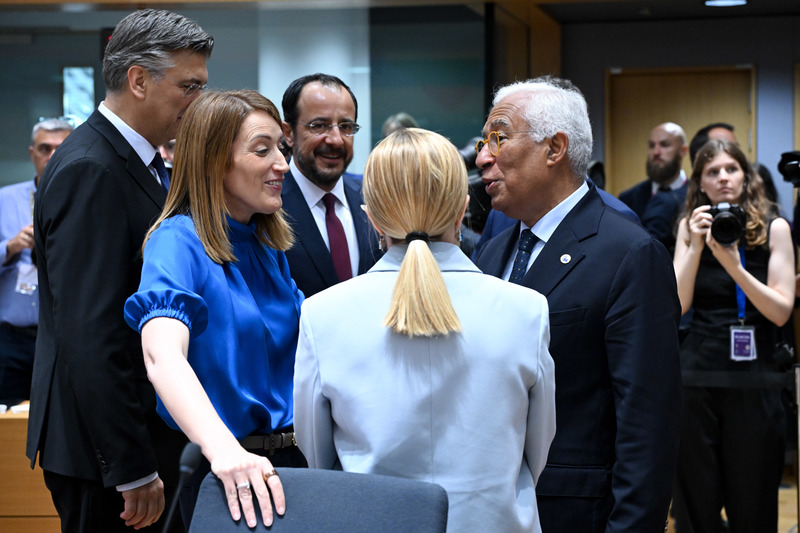President Nikos Christodoulides on Thursday hinted at a possible postponement of environmental taxation measures, commonly known as ‘green taxes’, with the aim of boosting Europe’s “competitiveness”.
He said he had raised the issue at the European People’s Party meeting earlier in the day.
European leaders, he said, need to “look at” some of the planned measures, which had been the products of “decisions which we took in the past, when the facts were different”.
If all the planned green taxes are implemented now, he added, they would “affect the EU’s competitiveness even more”.
“So, we need to revisit these decisions. Maybe we will postpone them for a later date. Right now, the implementation of the decisions which were taken when the facts were different will affect the EU’s competitiveness, and I understand that we do not want to suffer any more,” he said.
He also spoke of a need to suspend other EU-wide tax initiatives which he said are planned to be implemented at the start of 2027, but did not specify which, though he did say that during his visits to the EU’s three Baltic states, Estonia, Latvia, and Lithuania, “we set ourselves the task of taking an initiative”.
“Those states which consider that these taxes, the additional taxes, will have a negative effect on the competitiveness of the European Union, should postpone them to a later stage, or even, if necessary, cancel them altogether,” he said, adding that there are “double-digit numbers of member states which embrace this approach of ours”.
He added that he had raised the issue with European Commission President Ursula von der Leyen, and that it was to be discussed at the council meeting.
Last week, petrol station owners’ association chairman Savvas Prokopiou had warned that the “green tax” on fuel is still expected to be introduced at the end of the month.
It had previously been estimated that the new tax will increase the retail price of petrol by just short of six cents per litre.
Earlier reports had suggested that the taxes are expected to be reduced between 50 and 66 per cent from their initially planned rates.
The European Commission said the green taxes “can help us to reach our environmental policy goals by encouraging a switch to cleaner energy, more sustainable industry and greener habits.
“By setting a price for social costs, altering decision-making and incentivising behavioural changes by companies and people, this action can help mitigate resource waste and damage to the environment,” it said.
It added that green taxation “can also help promote sustainable growth, support intergenerational fairness and maintain tax revenue levels for EU member states while allowing them to cut other, more distortive, taxes such as those on labour”.






Click here to change your cookie preferences